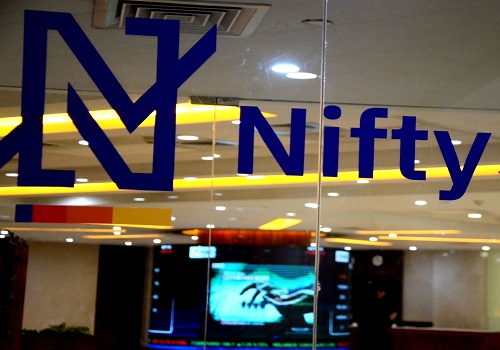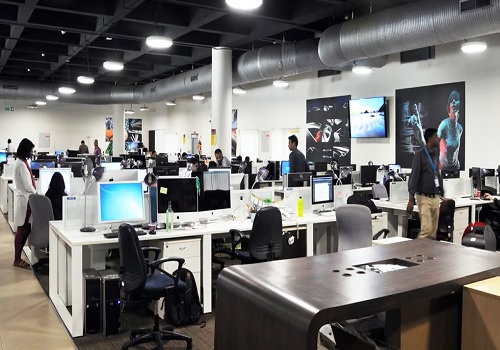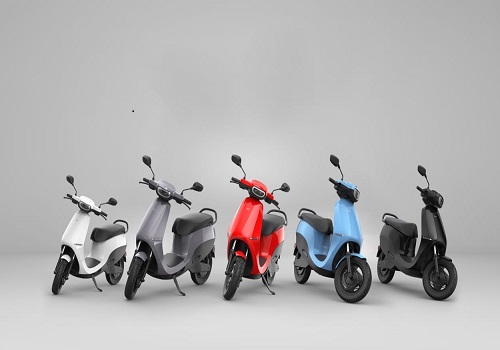Tier 2-3 cities drive the growth of India`s direct selling industry
Follow us Now on Telegram ! Get daily 10 - 12 important updates on Business, Finance and Investment. Join our Telegram Channel
There was a time when Indias economic growth was driven by metropolitan and Tier 1 cities. However, thanks to big and rising ambitions, Tier 2 and Tier 3 cities in India are now fast emerging as business hubs, opening up the markets for entrepreneurship and job opportunities.
We are now witnessing a clear shift in this direction as the aspirations of people in smaller cities and towns continue to grow.
There is increased awareness and consciousness about brands among people living in the smaller cities and towns, which is largely fuelled by the growing prevalence of a consumerist culture.
Among the industry sectors that are gaining a stronghold in the Tier 2 and 3 cities in India, direct selling is playing a crucial role. Being one of the most dynamic and fastest-growing sectors in India, it has made a phenomenal contribution towards pushing the smaller cities ahead in line. The efforts of the direct selling industry have unlocked possibilities in these markets, enabling substantial job opportunities for all, especially the youth and women. The industry also helped in strengthening the government's vision of a self-reliant India by sowing the seeds of financial independence at the grassroots level.
In recent years, we saw a paradigm shift in consumer trends, especially in purchase behaviour. Today, consumers are becoming more open to experimenting with the products available locally or within their vicinity. This trend is especially prevalent in tier 2 and 3 cities, where consumers have been seen switching to brands available locally. This is where the direct selling industry came to the forefront. Home-grown companies such as Vestige Marketing Pvt. Ltd. are offering a wide range of products under various categories to consumers.
Through their well-connected network of direct sellers and extensive presence in Tier 2 & Tier 3 cities, they have successfully reached out to a large section of the population based in these markets. This has led to the demands from tier 2 and 3 cities to soar and this trend is likely to continue, shaping the future of the direct selling industry in India.
The direct selling industry has been witnessing a continuous upsurge in the number of new joiners. The expansion of the sector helped in providing employment opportunities that led to the rise of micro-entrepreneurs, enabling people to earn their livelihood and, in many cases, an extra income. It also reflects a healthy growth trend in the number of women entrepreneurs.
Over the last few years, the industry has maintained its momentum for growth and emerged as a winner with its pursuit of continuous innovation, the adaptation of new technology, and smartly aligning itself to evolving customer and market requirements. The direct selling industry redefined and reshaped its operations by facilitating flexibility, decentralisation, and remote working. It adopted digital selling trends like digitalisation, social selling, digital training, automatic payments, and CRM integrations. This has been the key to increasing sales and creating a relevant business model in today's omnichannel world.
It effectively combines the online world with personalised selling and uses technology interventions in training and upskilling the augment individual capabilities. This has also helped in enhancing the industry's effectiveness in providing remote connectivity and promoting economic inclusion at the grassroot levels.
Commenting on the same, Gautam Bali, Managing Director, Vestige Marketing Pvt. Ltd., said, "As India witnesses an economic progression, Tier 2 and Tier 3 cities have emerged as a tsunami, contributing significantly to India's economic journey. The country's fiscal growth is inextricably linked to the resurrection of enterprises and an overall improvement in business performance across all sectors. Primarily, this growth is driven by wellness, nutrition, and other FMCG products.
"Consumers see a huge value in categories such as immunity boosters, nutritional supplements as well as hygiene products, and these categories often register far higher sales even pre-pandemic. At Vestige Marketing, we focus on spreading 'Wellth' , or wealth through wellness. It remains our constant endeavour to offer uniquely crafted products for our customers and we aim to enrich the lives of everyone who places their trust in our company and products."
As India is moving towards its vision of becoming a global manufacturing hub, the direct selling industry is ideally placed to contribute to the vision of India becoming Aatmanirbhar. It is also acting as a catalyst for India's increasing focus on 'Make in India'. Home-grown direct-selling companies are actively encouraging this by sourcing products from local vendors and associating with people across India, with a prime focus on tier 2 and 3 cities. This is a constructive step towards realising the country's Aatmanirbhar Bharat dreams.
The vision for Aatmanirbhar Bharat has encouraged Indians to explore the option of buying and selling locally made products via the direct selling route as it entails low investments and high returns for the direct sellers. This has not only promoted local manufacturing but has also established a sense of ownership amongst budding entrepreneurs to succeed, part from significantly promoting micro-entrepreneurship.
According to a recent FICCI-KPMG report, the current Rs 16,000 crore direct-selling industry is all set for massive growth. Backed by positive consumer sentiment and growing awareness, it is expected to reach Rs 64,500 crore by 2025. The Union Budget 2023-24 also focuses on growth and development designed to provide a boost to the FMCG sector, making the direct selling industry bullish and creating opportunities for self-employment, ultimately fulfilling the mission of Aatmanirbhar Bharat.







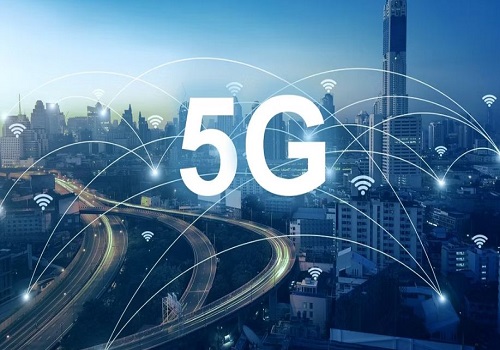



 320-x-100_uti_gold.jpg" alt="Advertisement">
320-x-100_uti_gold.jpg" alt="Advertisement">



